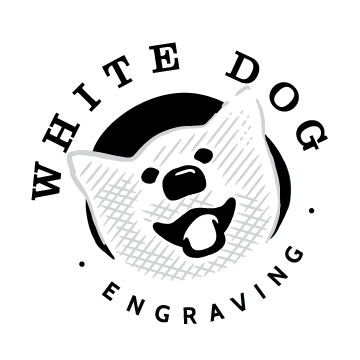Why Choose A Laser Engraver?
Choosing the suitable laser engraver for your needs can be a game-changer, whether you're a small business owner, a hobbyist, or an artist. With so many models and features available, selecting the right one involves balancing understanding your requirements and evaluating the options available.
Understanding Your Needs
Before diving into the specifics of laser engravers, you must clearly understand what you want to achieve. Ask yourself:
What Materials Will You Engrave? Different laser engravers handle various materials like wood, acrylic, glass, metal, and leather. If you plan to work with multiple materials, look for a versatile machine that offers compatibility with a broad range of substrates.
What Size Projects Will You Undertake? Consider the size of the items you'll be engraving. Laser engravers come in different sizes, from compact desktop models suitable for small projects to larger machines capable of handling big pieces.
What is Your Budget? Laser engravers vary widely in price. Entry-level models cost a few hundred dollars, while advanced machines with high precision and additional features cost several thousand. Set a budget that aligns with your needs and long-term goals.
What Level of Precision Do You Require? Precision is critical, especially for detailed or intricate designs. Higher-end models generally offer better resolution and finer details.
Key Features to Consider
Once you've established your needs, evaluate laser engravers based on the following key features:
Laser Type: Two lasers are primarily used in engravers: CO2 and fiber. CO2 lasers are excellent for non-metallic materials such as wood, acrylic, and glass. Fiber lasers, on the other hand, are more suited for metal engraving and are known for their durability and speed.
Power Output: The laser's power affects the engraving's speed and depth. A lower-power laser (e.g., 30-40 watts) may suffice for lighter materials. For thicker or denser materials, you might need a more powerful laser (e.g., 60-100 watts).
Engraving Area: The work area size is crucial, especially if you plan to work on more oversized items or multiple items simultaneously. Ensure the engraving area accommodates your typical project sizes.
Software Compatibility: Check what design software is compatible with the laser engraver. Most machines come with proprietary software, but it's beneficial if it supports popular programs like Adobe Illustrator or CorelDRAW.
Ease of Use: Some laser engravers have advanced features like automatic focus and easy-to-use interfaces, while others may require more manual adjustments. Choose a model that matches your technical expertise and comfort level.
Build Quality and Durability: Invest in a well-built machine with longevity and reliability.
Support and Warranty: Ensure the manufacturer provides good customer support and a reasonable warranty period.
Contact White Dog Engraving
For more information about the DFW engraving services that we can offer you, contact us today by calling (972) 848-7790 or click here to connect with us online.
